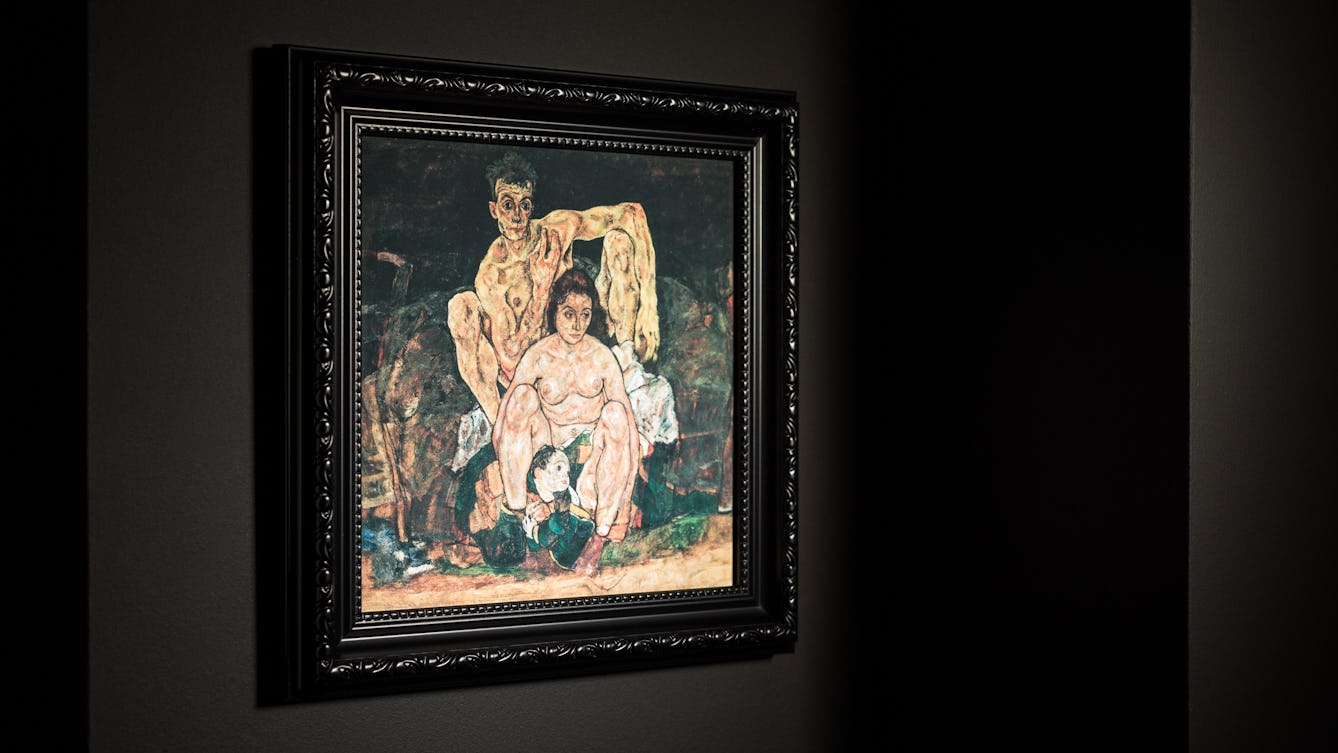
- Article
- Article
Spanish flu and the depiction of disease
The Spanish flu pandemic of 1918 killed many millions more than World War I did. Find out why contemporary artistic depictions of its devastating impact are so rare.
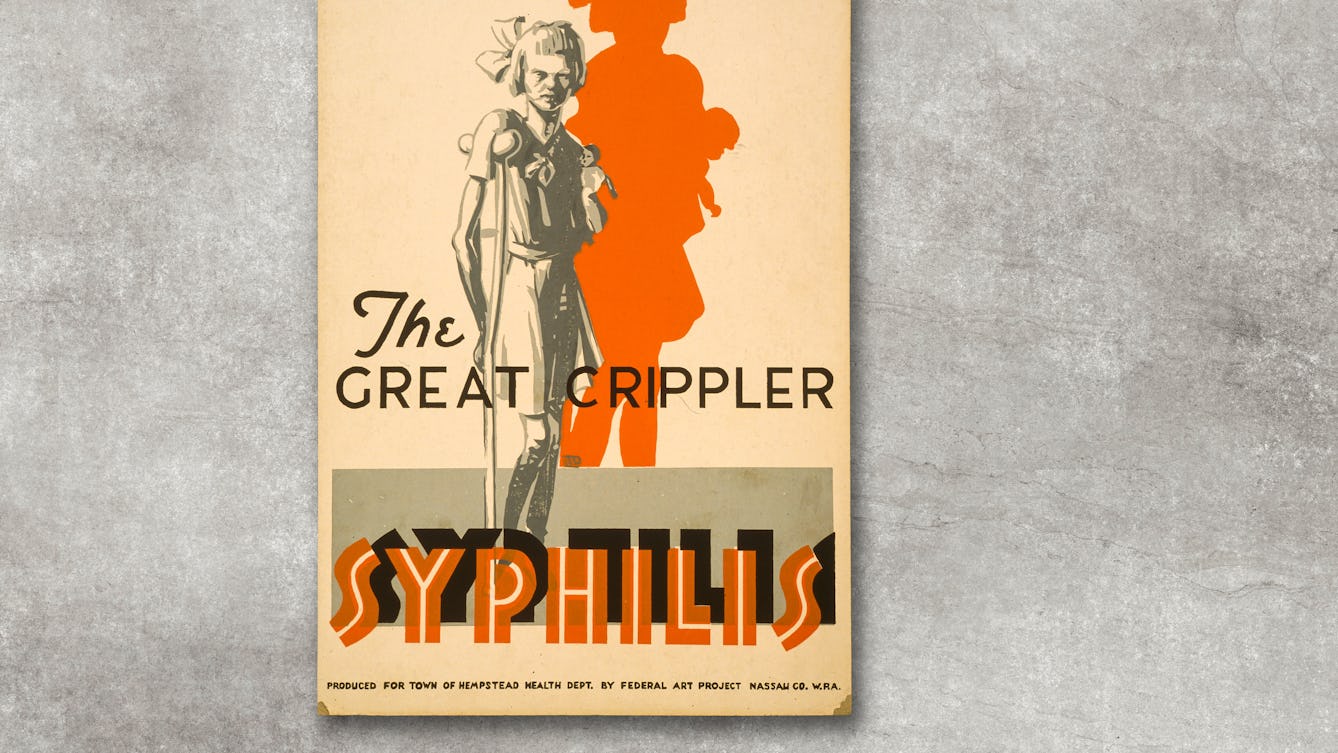
- Article
- Article
Public health campaigns and the ‘threat’ of disability
By continuing to represent disability as the feared outcome of disease, public health campaigns help to perpetuate prejudice against disabled people.

- Article
- Article
Medics and the bomb
Would a nuclear attack on the UK overwhelm the NHS? At the height of the Cold War, despite government optimism, medics predicted doom.
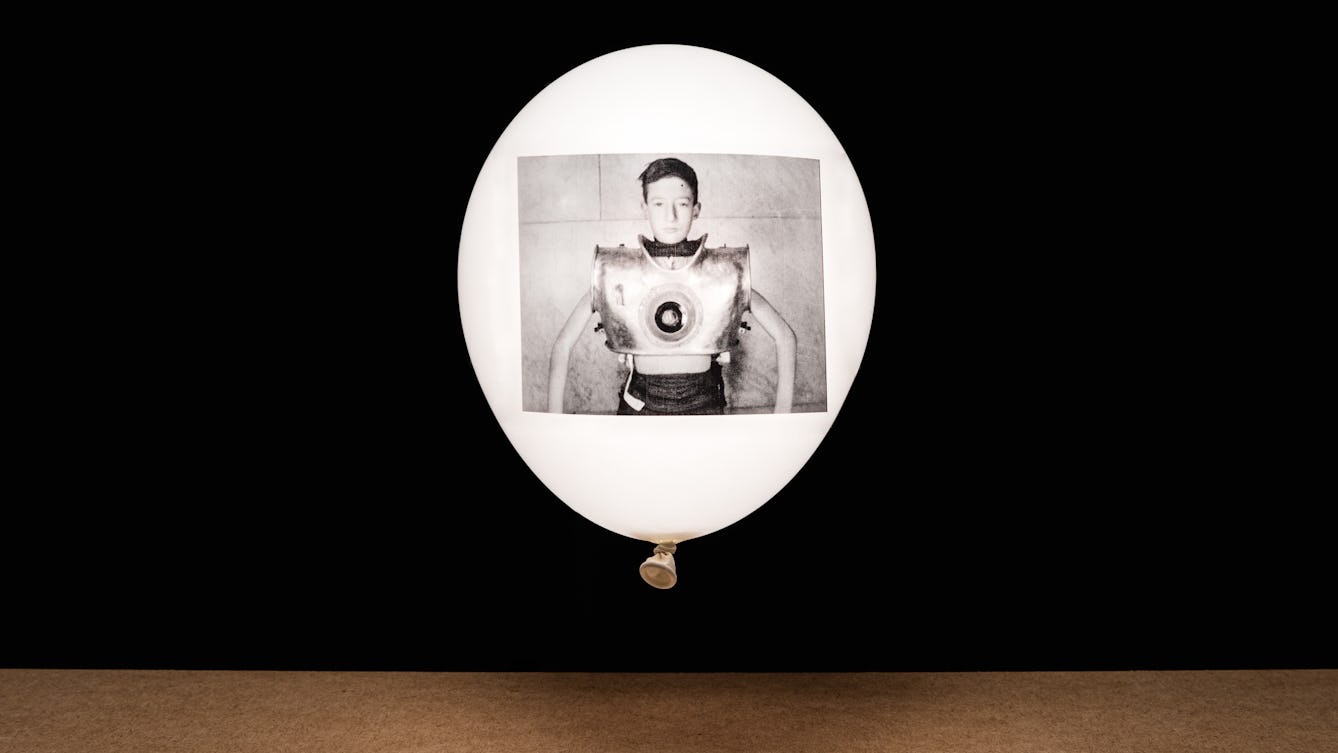
- Article
- Article
A brief history of ventilation
As ventilators continue to play an important part in helping very ill coronavirus patients, medical historian Dr Lindsey Fitzharris traces their development from the first attempts at mouth-to-mouth resuscitation through centuries of medical crises.
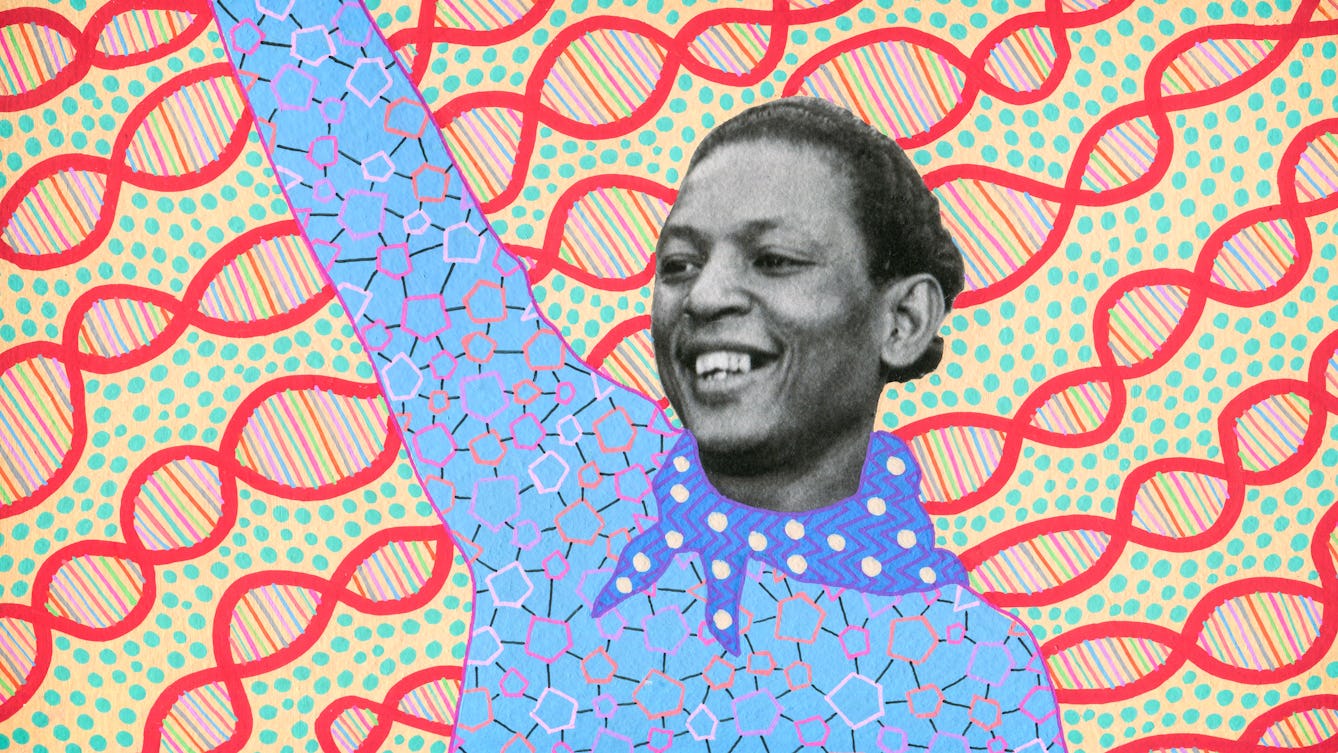
- Article
- Article
Ancestry, privacy and the family tree
Wanting to find out more about her Jamaican grandfather, Tanya Perdikou contemplates DNA testing. But first she has to consider the potential impact of unexpected results.

- Article
- Article
Investigating what lithium is and how it works
The more questions Laura Grace Simpkins asked about lithium, the more she realised how little is known about this powerful drug and how it affects our mental health.

- Article
- Article
Black pepper to fuel fiery fights and cure haemorrhoids
This common condiment was once very valuable and, until surprisingly recently, used as a versatile medicine.
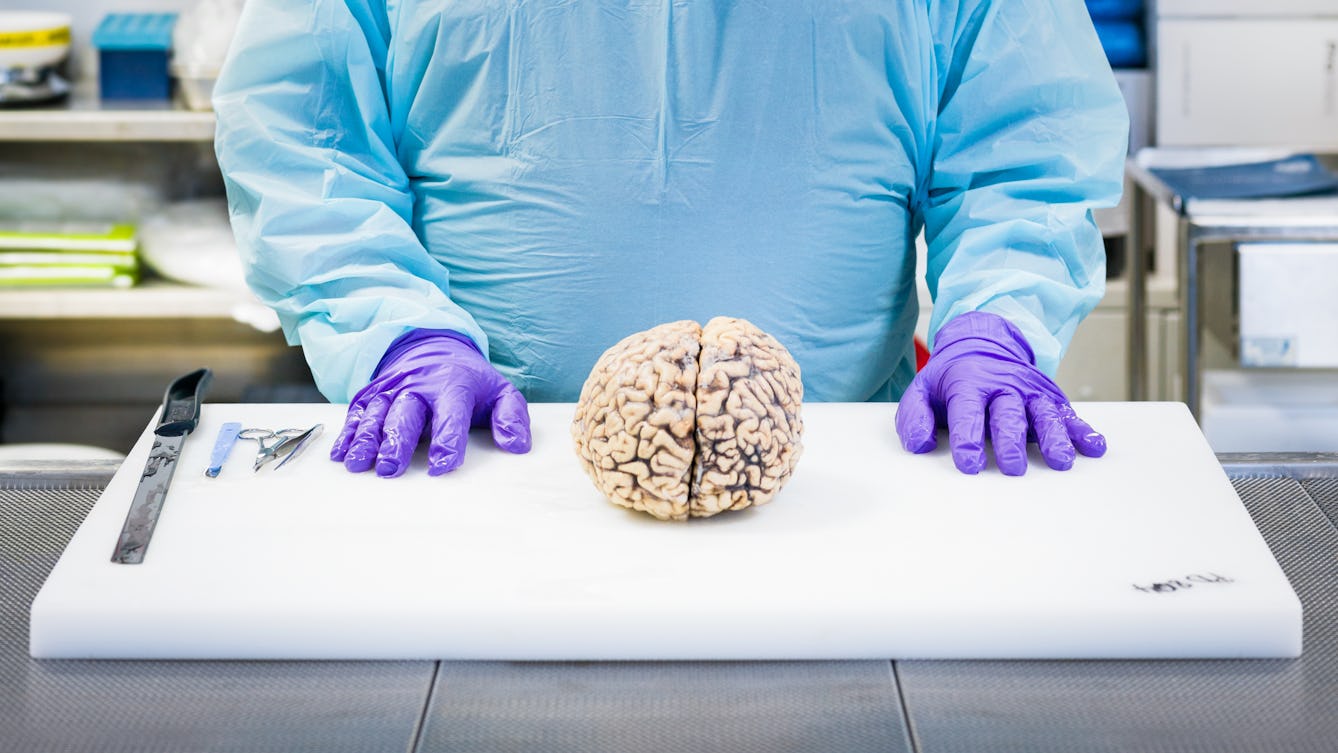
- Article
- Article
The anatomy of a brain dissection
Dissecting the brain after death not only helps confirm a diagnosis, but it can also teach us so much more about the symptoms and causes of brain diseases and how to treat them.
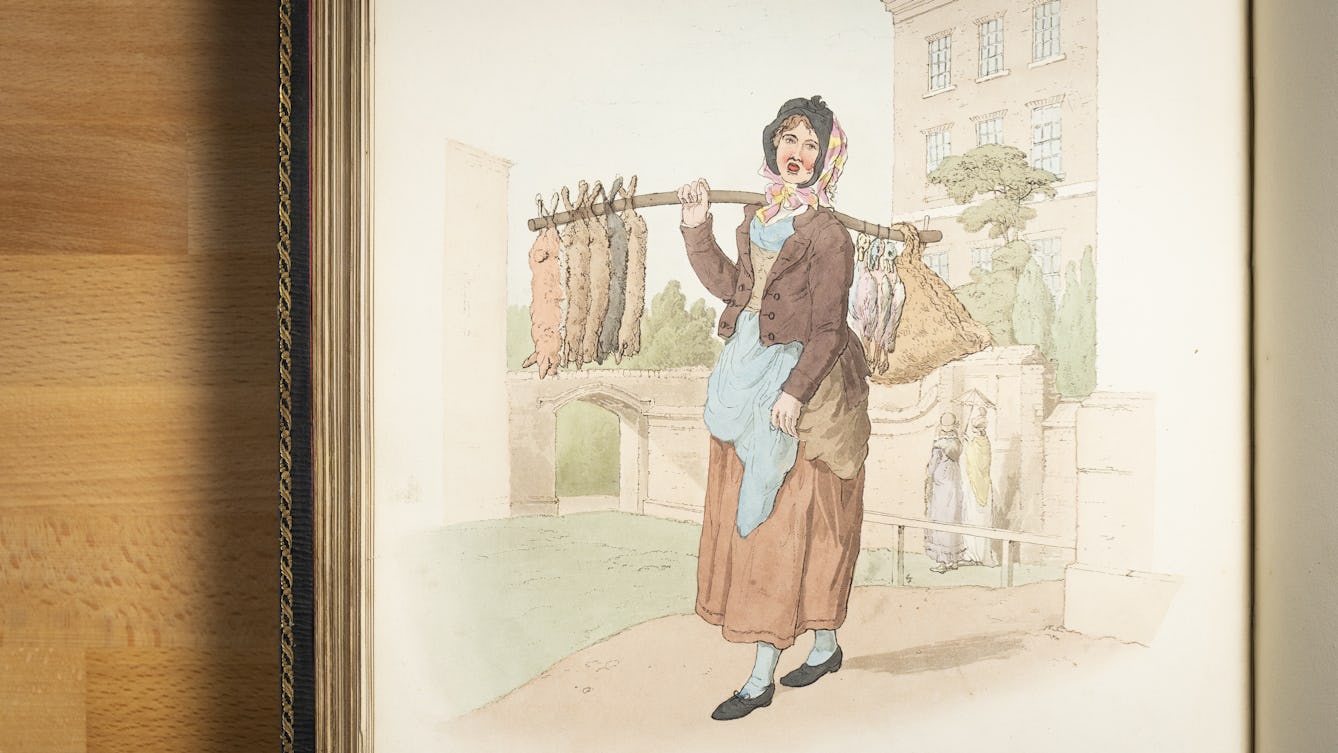
- Article
- Article
The girl with no name
When a now anonymous teenager sold her tooth for transplant, she couldn’t have predicted that she’d end up at the heart of a troubling story about 18th-century beauty ideals.
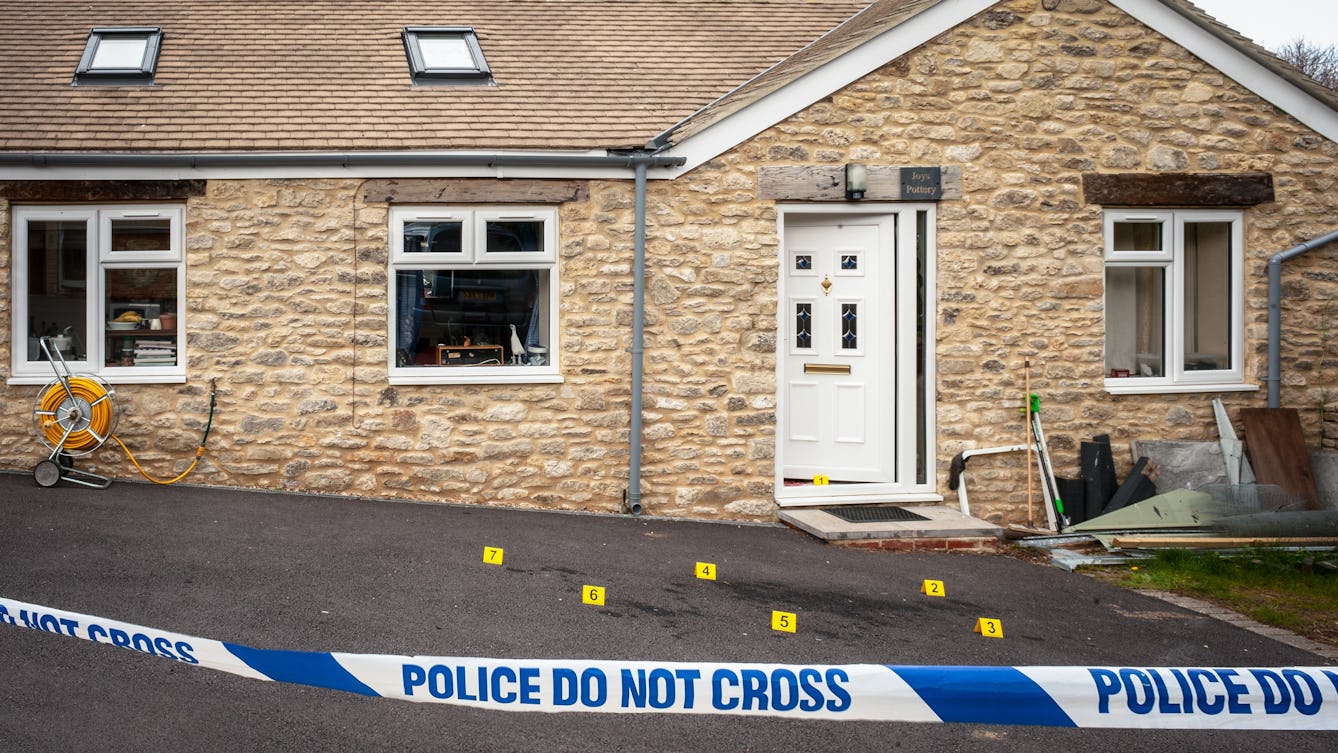
- Article
- Article
Are doctors medical detectives?
Do doctors really identify medical conditions in the same way that detectives solve crimes? Neurologist Jules Montague makes her diagnosis.

- Article
- Article
Shame’s long shadow
What is shame and why is it so powerful? A violent sexual assault left Lucia Osborne-Crowley suffocated with shame, but she’s now determined to understand how this overwhelming emotion works.
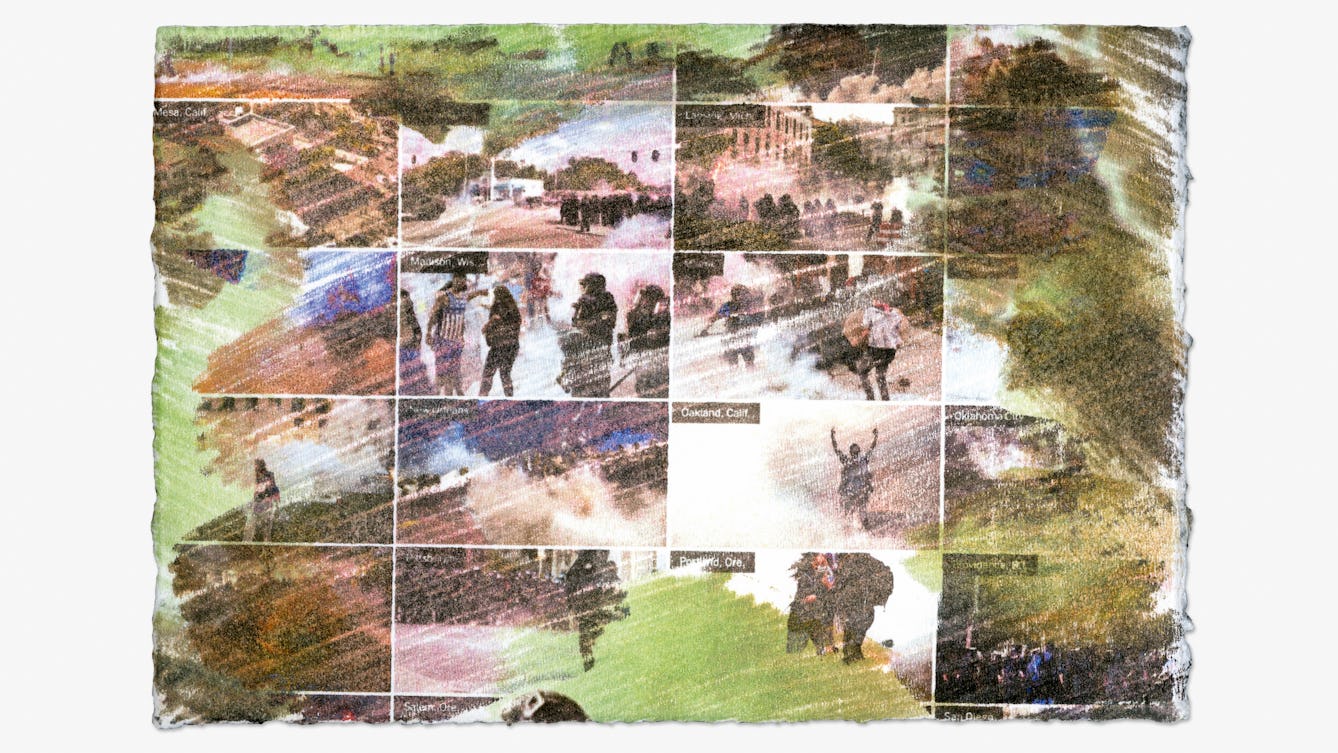
- Article
- Article
Tracing the toxic story of tear gas
Investigating tear gas – from factory to Black Lives Matter protest – Imani Jacqueline Brown uncovers a toxic legacy where pollution, violence and racism are intimately entwined.
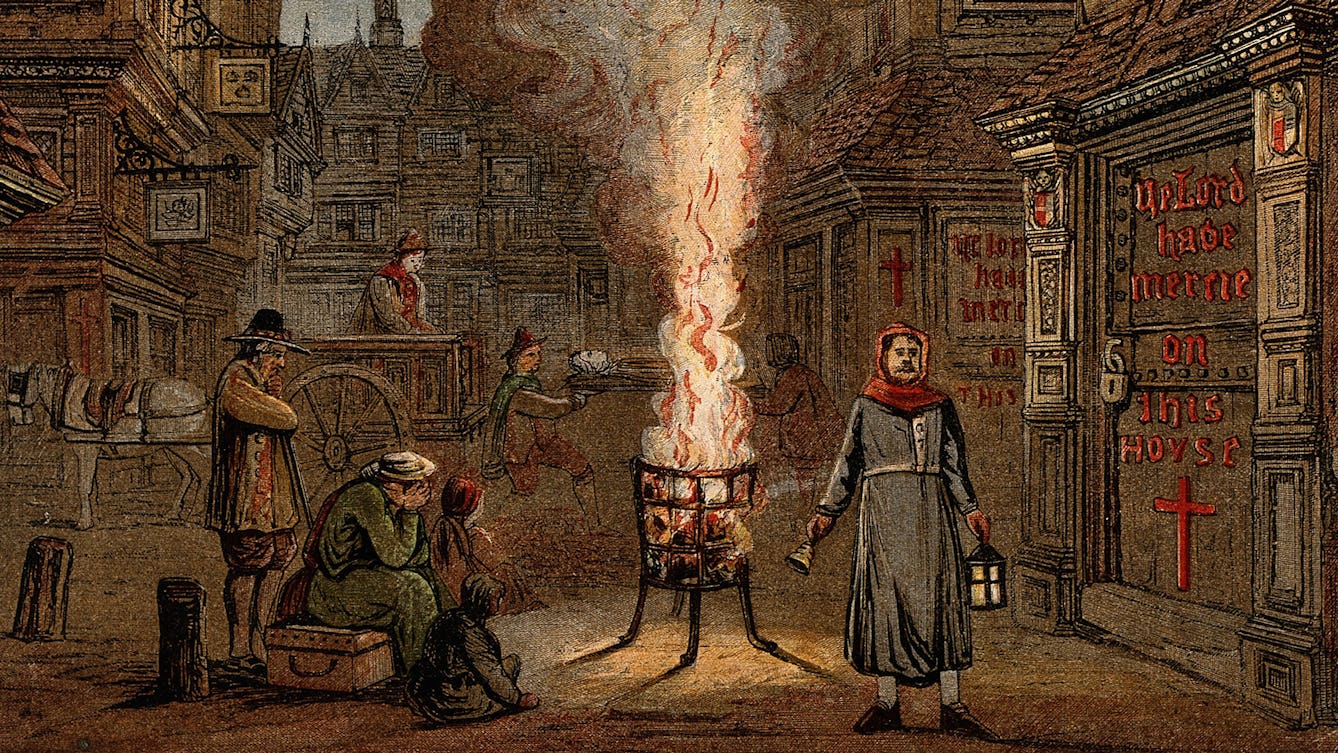
- Article
- Article
The tradesman who confronted the pestilence
The City of London, 1665. As the Great Plague hits the capital, John New faces a deadly dilemma.

- Article
- Article
How we bury our children
Following her baby daughter’s funeral, Wendy Pratt found that visiting the grave gave her a way to carry out physical acts of caring for her child. Here she considers how parents’ nurturing instincts live on after a child’s death.

- Article
- Article
The power of unicorns
Discover the unlikely connection between pharmaceuticals and unicorns.

- Book extract
- Book extract
My important, ridiculous nose
The nose is a much-maligned appendage, but it’s a powerful organ capable of invoking powerful emotions from past memories and sexual attraction.
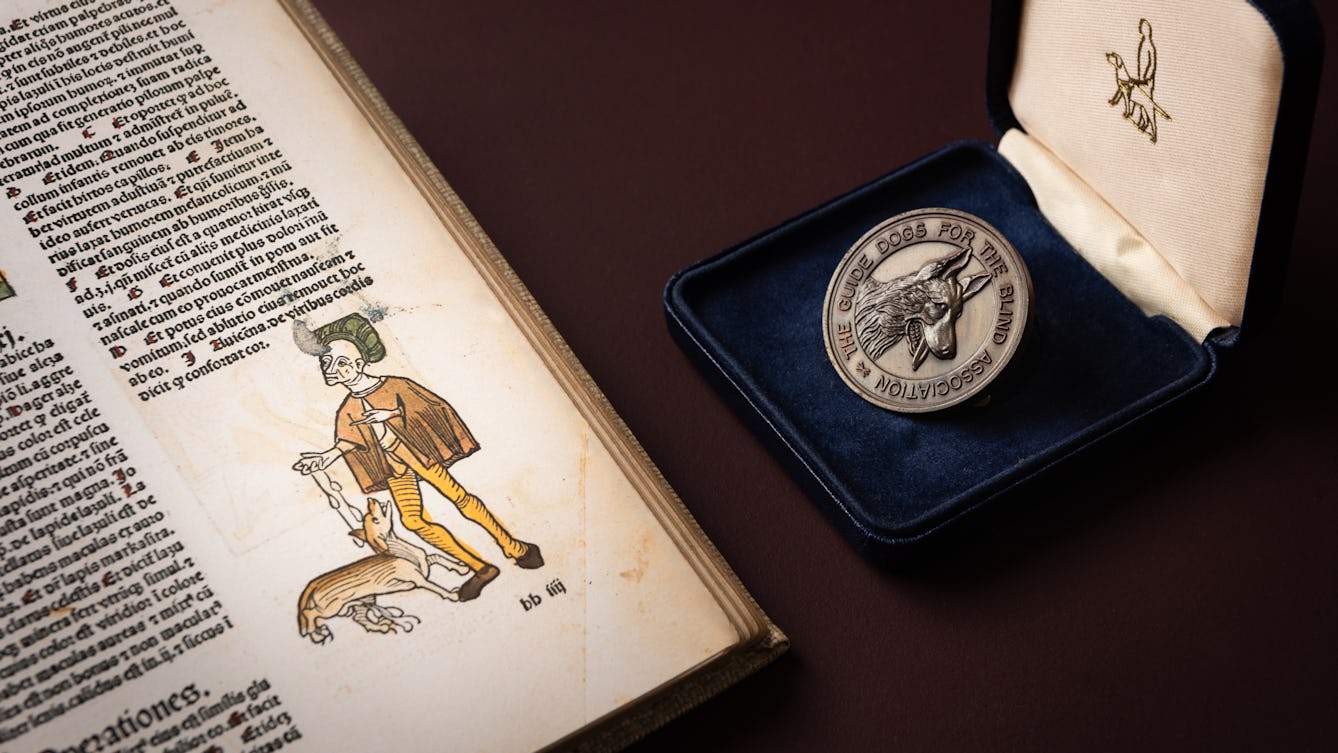
- Article
- Article
Guide dogs or good dogs from the Middle Ages
Medieval illustrations often show blind people, sometimes with dogs. But working out whether these were actually guide dogs involves a mix of detailed detective work and expert speculation.
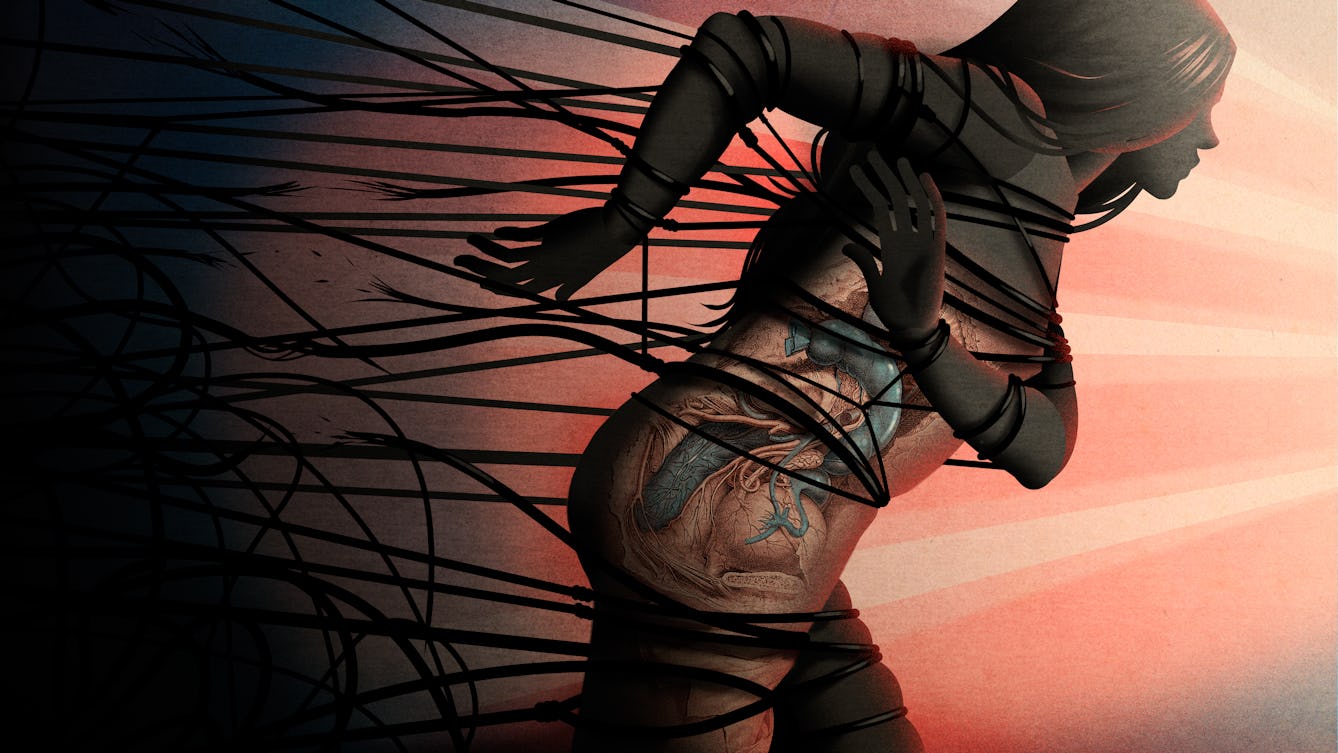
- Article
- Article
How shame makes us sick
The fight-or-flight response can have long-term consequences for our bodies if left unchecked. Lucia Osborne-Crowley investigates how shame and trauma are connected, and how both can lead to chronic ill health.

- Article
- Article
Living with early onset Parkinson’s
Ten years ago, three little words changed Pete Langman’s world.
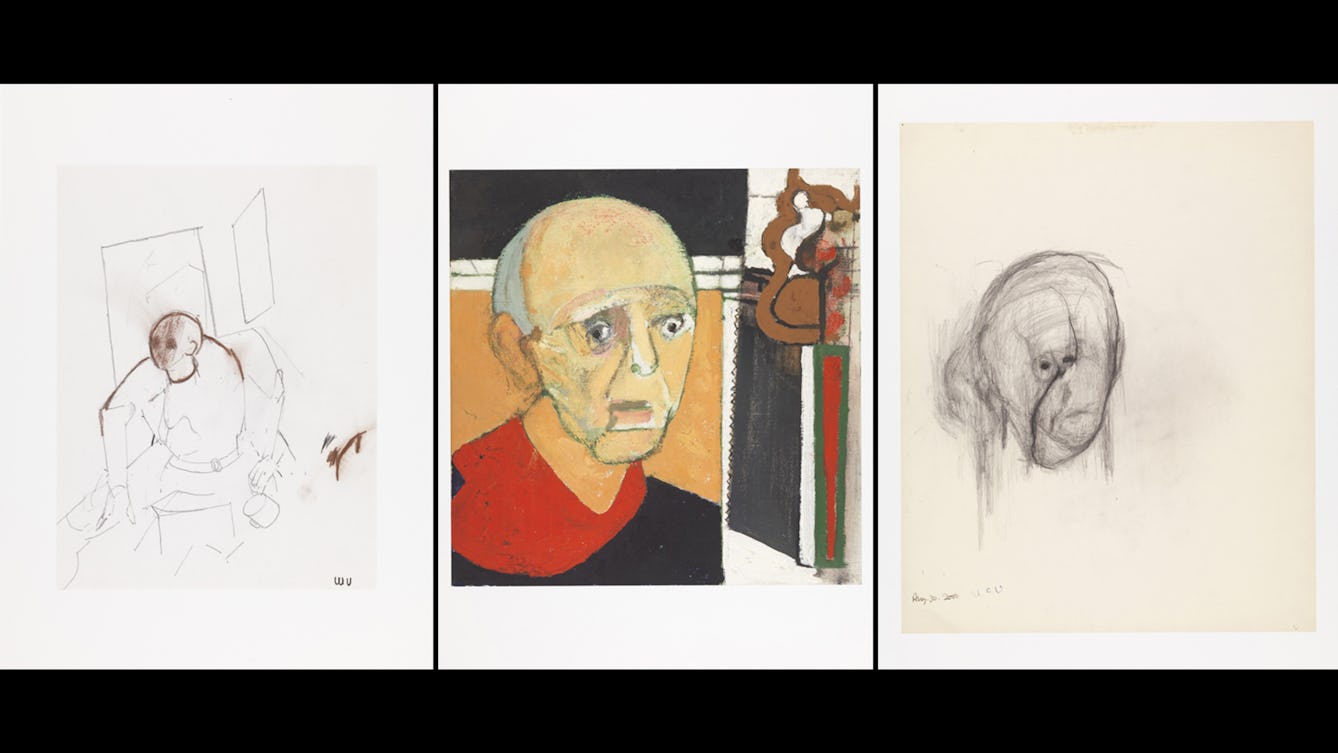
- Article
- Article
The Key to Memory: Use art to articulate
Danny Rees explains what William Utermohlen’s self-portraits can tell us about how and why we remember.
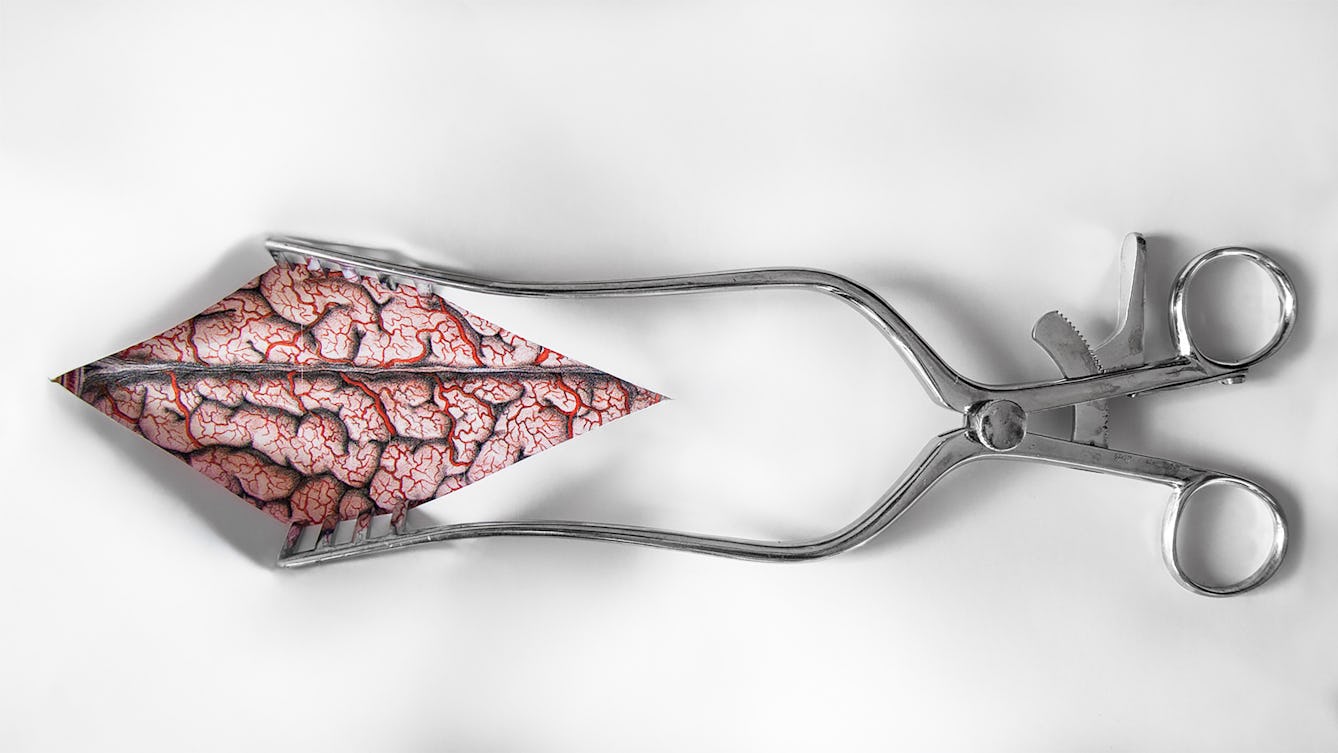
- Article
- Article
The mystery of the malignant brain
In 1884 a neurologist successfully used a patient’s symptoms, plus a new kind of map, to locate a brain tumour. Discover how his best-laid plans for treatment worked out.
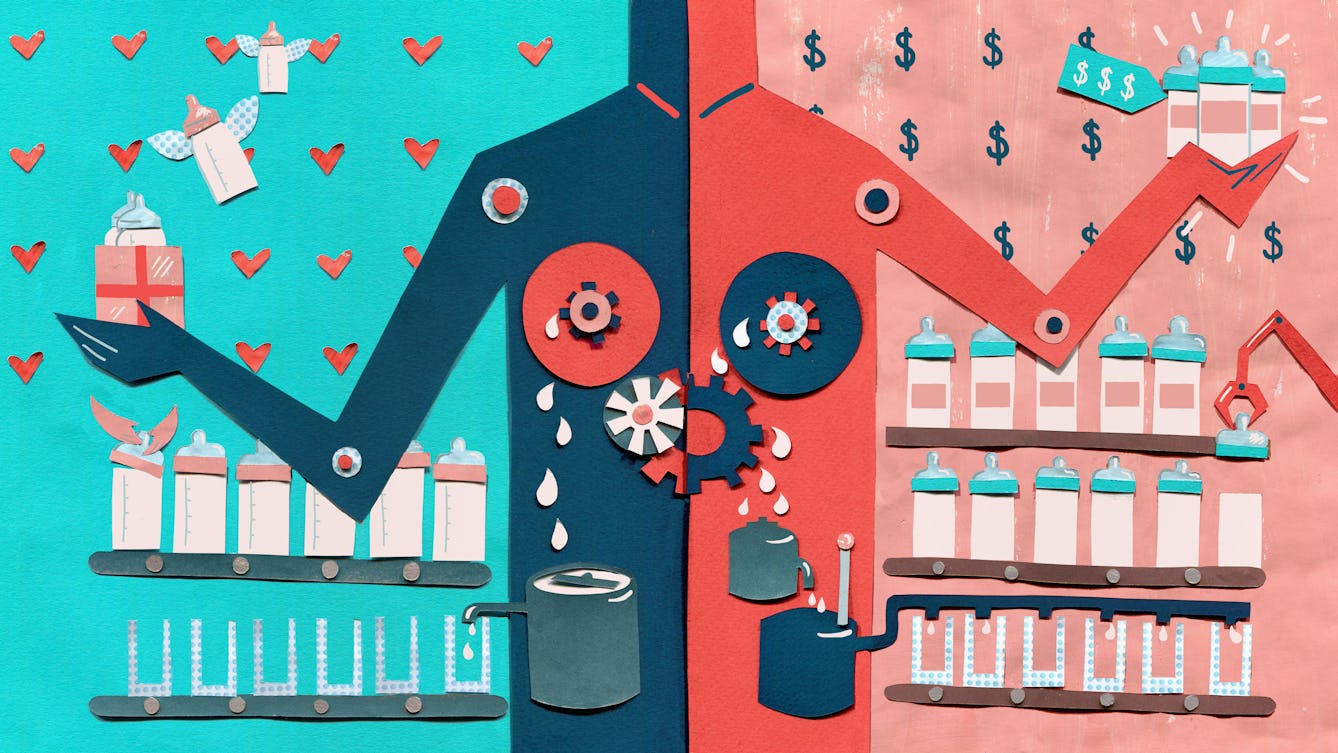
- Article
- Article
Sharing breastmilk with parents
Alev Scott donated her frozen breastmilk to a hospital milk bank, but she was curious about other routes. Here she explores commercial operations and informal private arrangements.

- Article
- Article
The birth of Britain's National Health Service
Starkly unequal access to healthcare gave rise to Nye Bevan’s creation of a truly national health service.